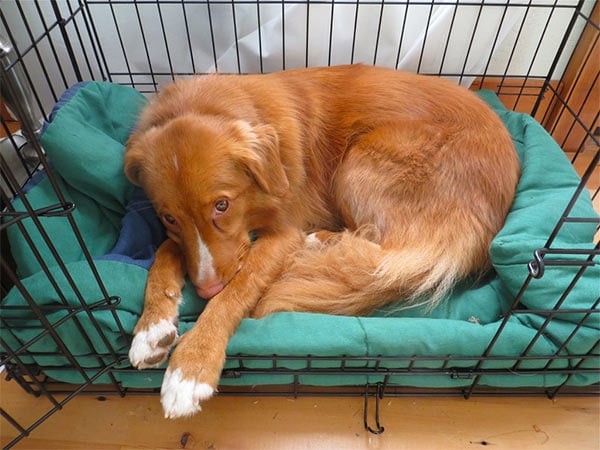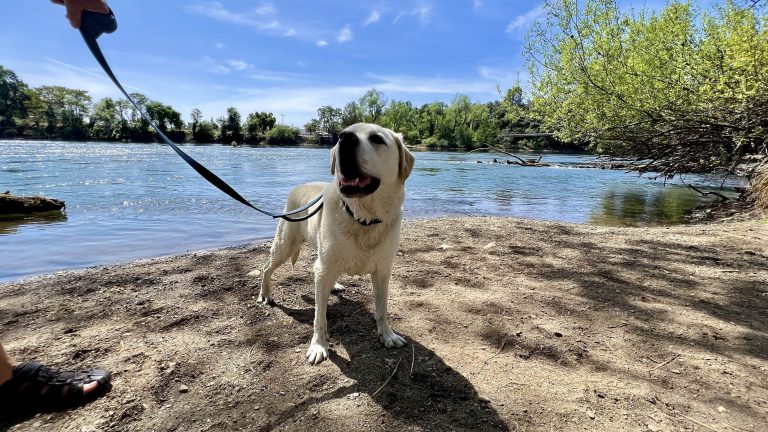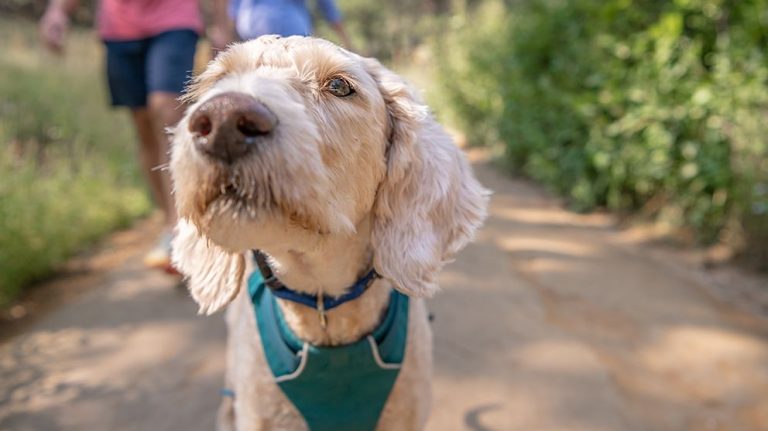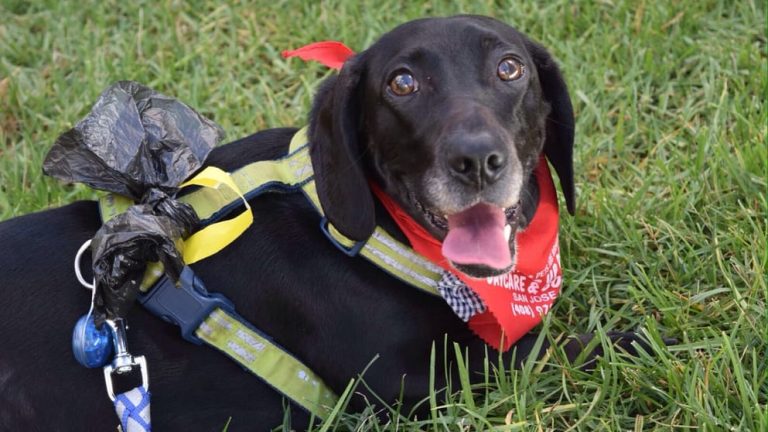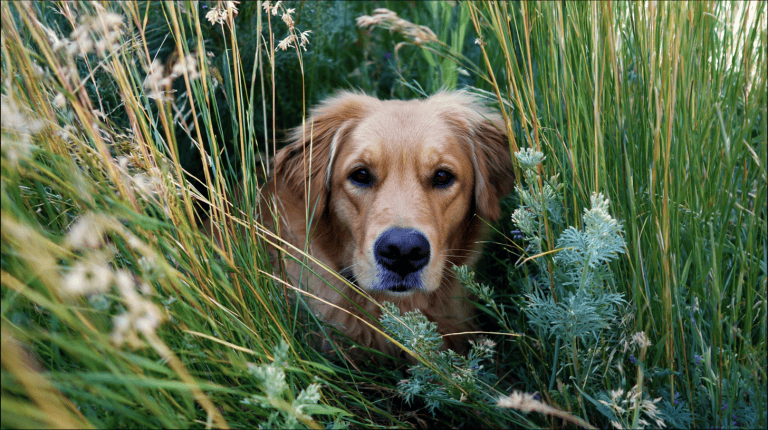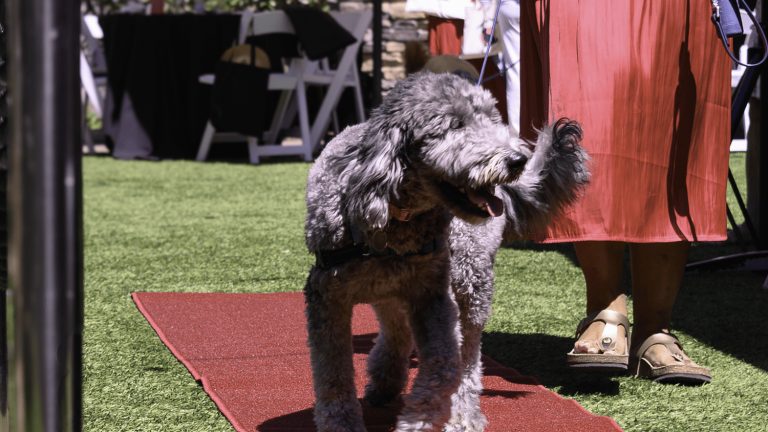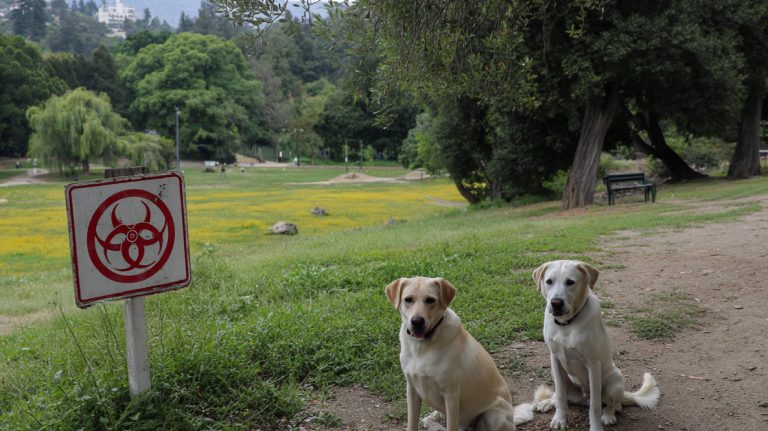By Chris Pitts, RVT, of Broadway Animal Hospital
Crate training is awesome! Puppies and adult dogs alike can really benefit from having a place to call their den. Crate training can cut down on inappropriate elimination in the house, diminish your dog's stress, and simplify traveling with your furry friend.
Make the crate as inviting as possible. Get a crate that your dog can lie down in with his legs outstretched. Give him something padded to lie upon. There are water bowls that attach to a crate's door that will prevent unnecessary spills. Feed your dog in his crate. Throw a few treats to your hound in his crate when he is behaving.
Start crate training with short intervals of time, say half an hour, and then gradually increase the time your dog spends in his crate over the course of a week. Dogs should not be rewarded for barking or pawing at the crate's door. Many times people try to calm their dog by telling him he is “OK” when his is doing negative behaviors, but this serves to only reinforce the dog's will to perform the bad behavior. And definitely do not let your dog out when he is pitching a fit, unless you want him to do so every time he wants out.
Puppies, in particular, need to be escorted immediately outside in the morning to do their business. They should also be fed and then let out to eliminate approximately 20 minutes after feeding, NOT be left in their crates for the entire day after being fed. Many times, not letting the dogs out of their crates so close to feeding time will result in an “accident” in the crate. This will only serve to teach your dog to eliminate in the crate.
The crate should never be used as a punishment area. For example, if the puppy urinates in the house, you do not throw him in the crate. You need to put him outside. The crate needs to be a place where the dog learns to relax and be safe from too much activity in the house, like when company arrives.
In addition, once your dog realizes that the crate is where good things happen, like food, rest and treats, you can take his crate with you when you travel and he will have a safe place to go when you take him out of his regular surroundings. A dog who travels with a crate is a lot less likely to chew up the door frame of a hotel room, or get stressed out when you leave to enjoy dinner.
Crate training is one of the best things you can do for a puppy. Older dogs can benefit as well. However, dogs with severe separation anxiety need a lot of structure to be introduced to a crate. This is something you should discuss in depth with a canine behaviorist before you attempt it on your own.
Photo Credit: Jinx McCombs (CC)

